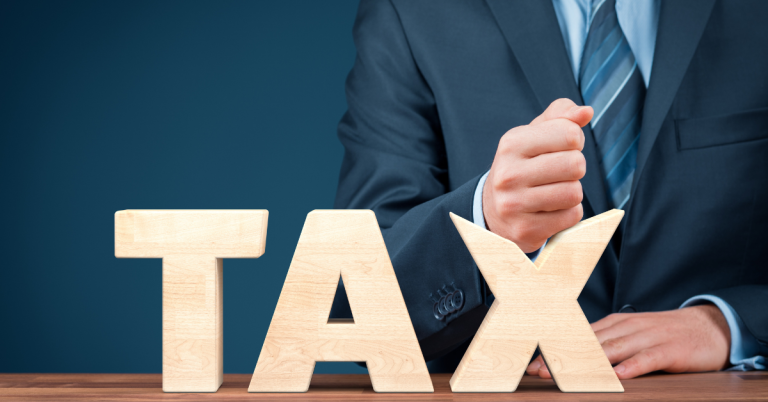National Insurance Holiday Scheme: Everything You Should Know
The Government has announced that it will no longer accept retrospectively withdrawn regional National Insurance contributions (NICs). This means that employers who withdrew their NICs during the 2016/17 tax year will not be able to reclaim those payments. If you are eligible for a refund, you will receive it within 12 months of submitting your…









